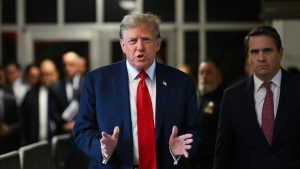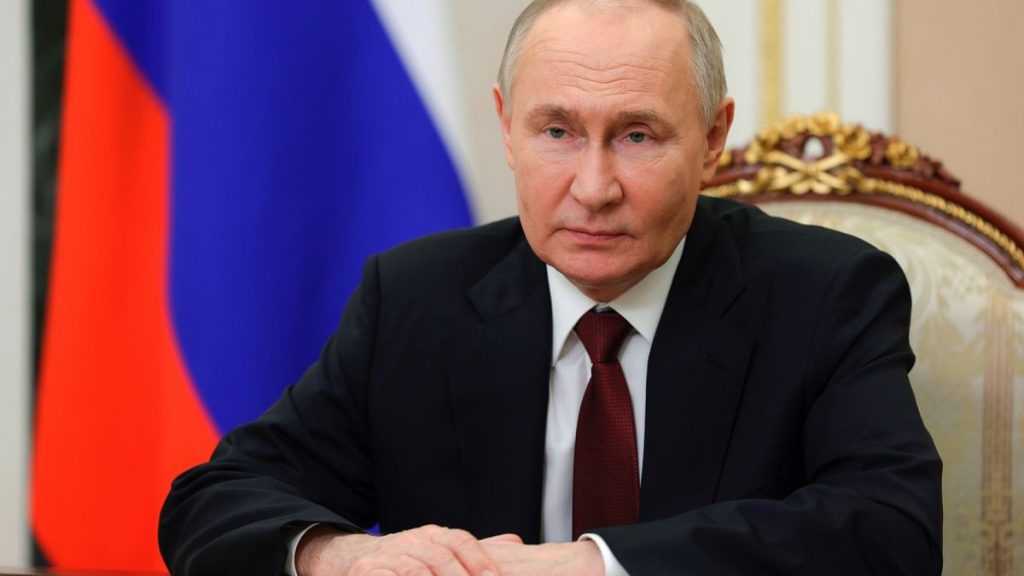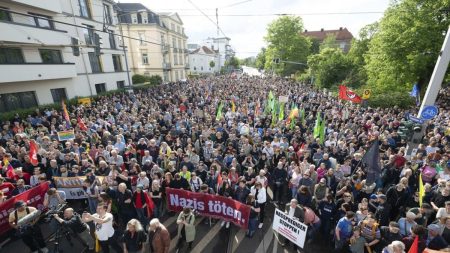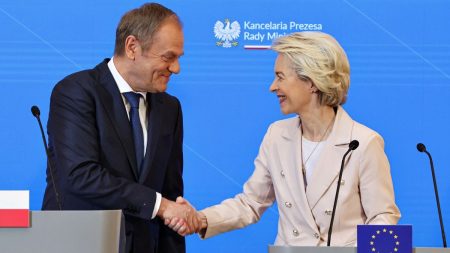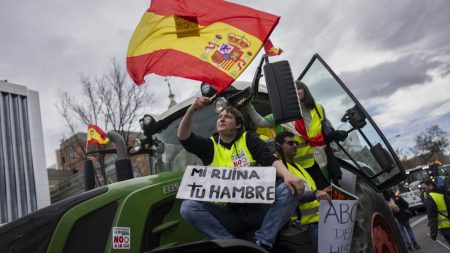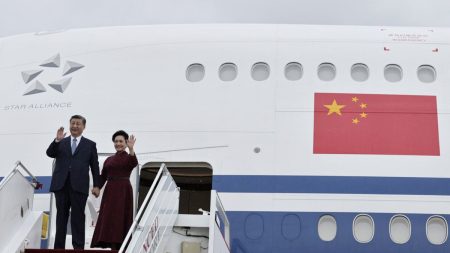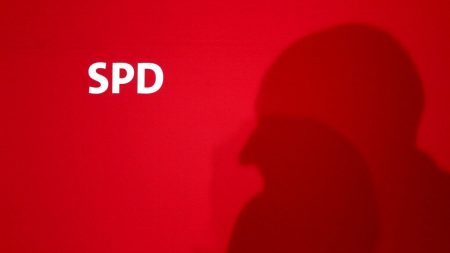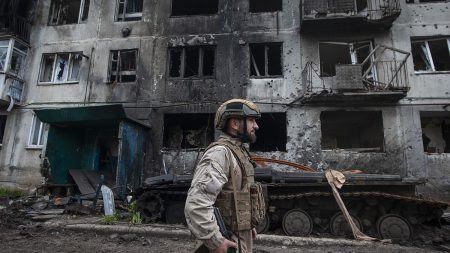The EU’s strategy of imposing sanctions on Russian oligarchs to pressure Vladimir Putin is facing legal challenges, with European courts overturning asset freezes on individuals like Mikhail Fridman and Petr Aven. Despite these setbacks, the EU Council has imposed sanctions on over 1,700 individuals and 419 entities in response to the Ukraine war, including Putin, his officials, and wealthy businessmen supporting the conflict. While legal rulings have overturned some sanctions, the overall policy remains intact, according to European Commission spokesperson Peter Stano. Sanctions are time-limited and frequently renewed, and successful court challenges are expected in such cases.
Experts suggest that the EU faces difficulties in proving the connections of influential businessmen to the war effort or Putin due to the rushed imposition of sanctions and limitations in sharing intelligence with judges. The Council has relied on novel tools to impose sanctions, such as targeting former Ukrainian President Viktor Yanukovych to prevent embezzlement of state funds, although such measures have faced legal challenges. Sanctions are intended to pressure autocrats indirectly by convincing elites to consider alternative leadership, as seen in past instances like the Arab Spring.
Challenges to EU sanctions on oligarchs extend beyond legal hurdles, with oligarchs finding ways to evade them through complex financial structures and loopholes in anti-money laundering rules. MEPs have criticized the EU for failing to effectively act against Russian oligarchs supporting Putin, despite claims of supporting Ukraine. A cumbersome decision-making process within the EU allows individual member states to veto sanctions, giving oligarchs time to find ways around them. However, the broader sanctions on Russia’s banking system and key sectors like oil and semiconductors have had economic effects, with Moscow imposing capital controls and Russia’s sovereign wealth fund liquidating assets to address deficits.
The EU’s use of sanctions on wealthy individuals aims to force oligarchs to choose between the West and Russia, potentially weakening their influence over Putin or further solidifying loyalty to him. Recent court rulings overturning sanctions on Russian businessmen, including former Chelsea FC owner Roman Abramovich and chemicals magnate Dmitry Mazepin, have not ended the sanctions regime, with opportunities for appeal. While legal challenges are expected, the EU’s overall strategy of sanctions against oligarchs remains in place as part of a broader effort to pressure Russia economically in response to the Ukraine conflict. Despite setbacks, there is evidence that these sanctions are impacting Russia’s economy and resources.
